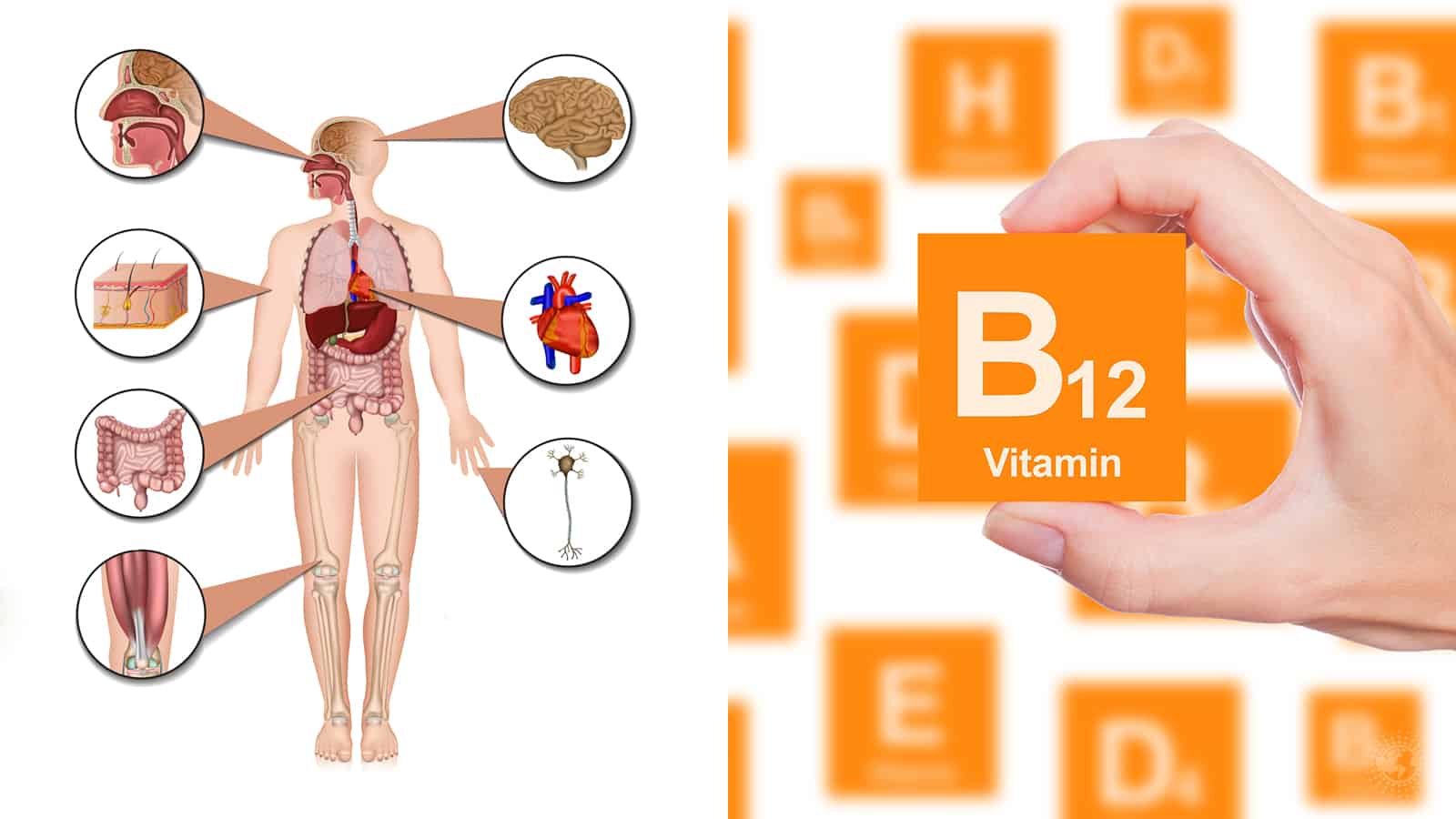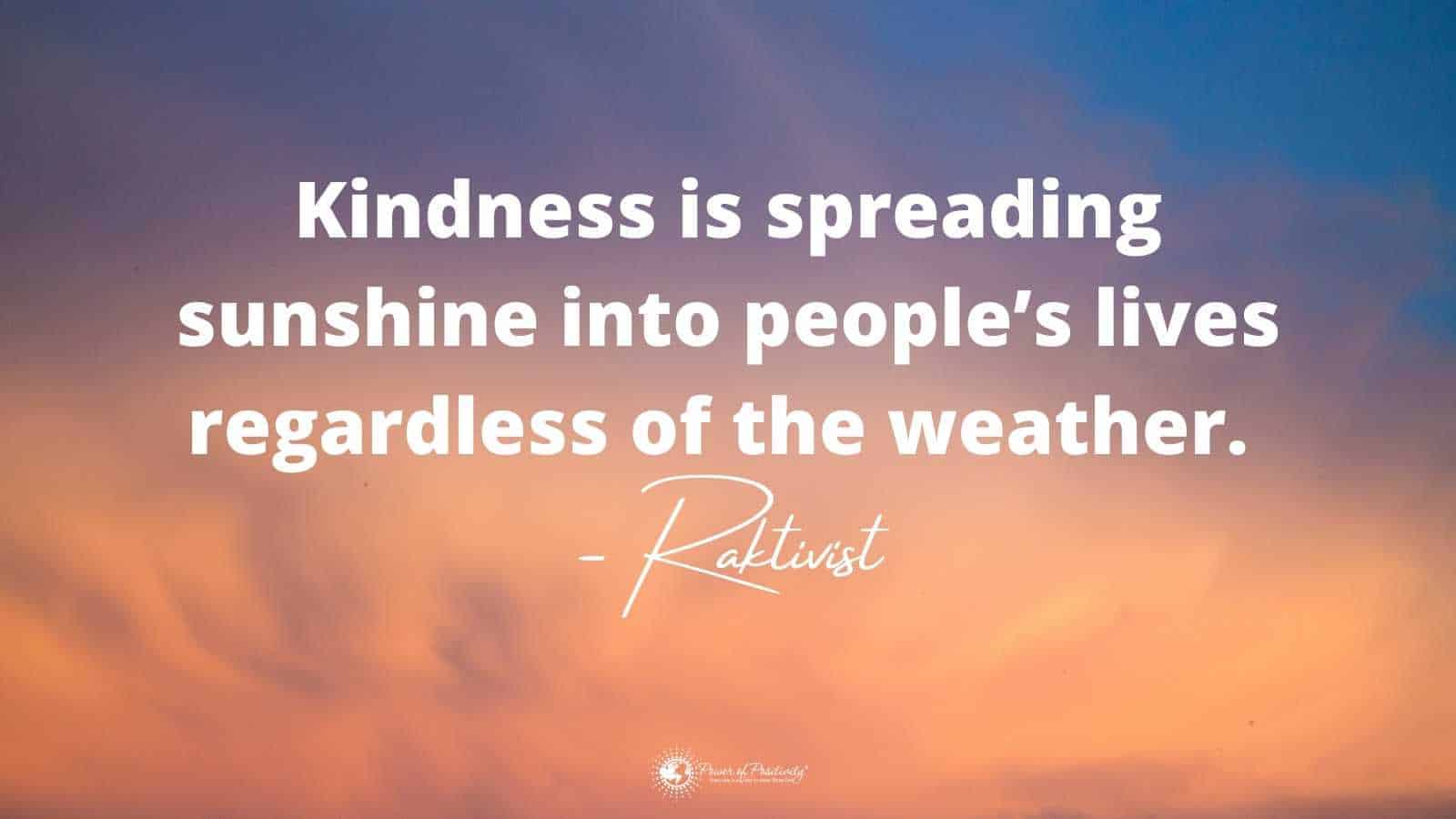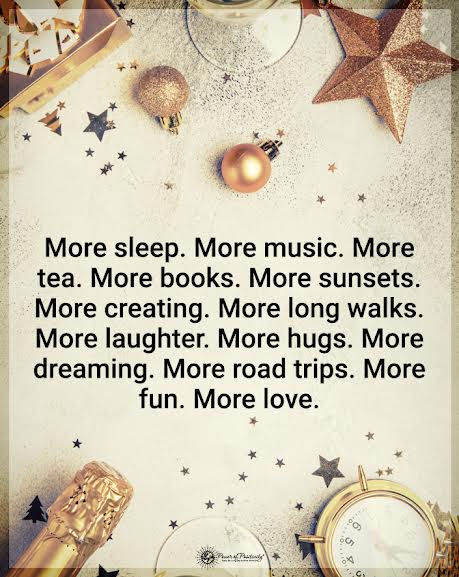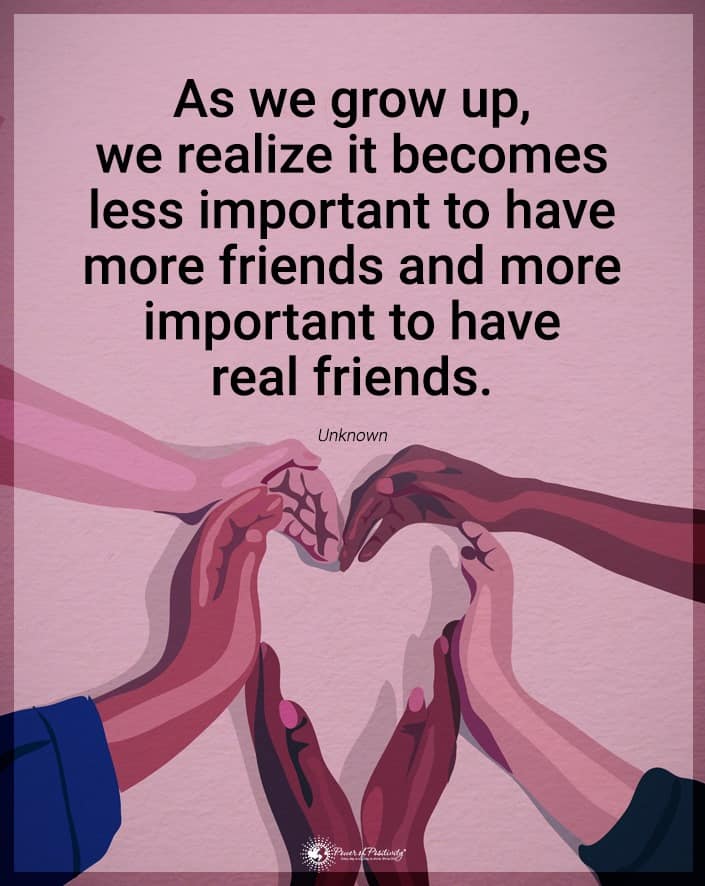There are several so-called “superfoods” that possess incredible health benefits. Superfoods span across the food pyramid – from the well-known strawberry to the inconspicuous watercress vegetable (anyone?). Apparently, the watercress is a spinach-like vegetable with a heavy dose of nutrients – including Vitamin K, beta-carotene and a few other important cancer-fighting types.
This article is going to focus more on the green superfoods. We’ll discuss the vast nutritional benefits of our personal favorites and also the lesser known nutritional powerhouses.
Here are seven green superfoods you need to be eating:
1. Apples
Okay, so apples come in colors other than green – but they’re still a tremendous food. Apples are free of fat, cholesterol and sodium while being a nutrient-dense treat. A good source of fiber, apples can help aid in losing weight and fighting off obesity. Apples also contain an important antioxidant called Quercetin, which is believed to block free radicals from damaging brain cells. They’re also good for the heart – in a study published by the Journal of Functional Foods, those who ate an apple a day for 4 weeks lowered their bad cholesterol levels at a 40% higher rate than those who did not.
2. Avocados
Guacamole is just one reason why avocados are such an awesome food. Despite the common belief that avocados should be avoided because of its high fat content, they consist of very healthy fats that our diets need. They’re incredibly nutrient dense, containing about 1/3 of the recommended daily intake (RDI) of vitamin K and folate. They’re also a great source of vitamins B6 and C. Avocado also aids in digestion, stabilizes blood sugar, improves eye health, and can help with weight loss.
3. Brussels sprouts
A somewhat bitter vegetable, Brussels sprouts have gained a reputation as something to be avoided. Looking past this, it is an incredibly healthy veggie and can taste very good when combined with something tangy or savory. On the nutritional side, these sprouts are a great source of vitamin K, folate and iron. Just one cup of cooked Brussels sprouts contains 130 percent RDI of vitamin C, as well. It’s also rich in fiber, manganese, potassium, choline and B vitamins. However, they’re not just a nutrient-dense veggie; they also have cancer and chronic-disease fighting properties in the form of phytochemicals such as antioxidants.
4. Kale
It seems that these green vegetables are just packed with antioxidants, and kale is no different. In fact, kale has one of the highest antioxidant levels of any vegetable. Only a few – arugula, beet greens, cabbage, sweet potatoes, and raw garlic – have a higher antioxidant (ORAC) rating. ORAC is short for Oxygen Radical Absorbance Capacity, which measures foods ability to absorb potentially damaging free radicals.
Free radicals are molecules that can damage the body at the cellular level, and are a problematic presence in the formation of diseases and disorders such as rheumatoid arthritis, cardiovascular disease, and diabetes. But besides being a wonderful and powerful antioxidant, kale has been shown to have cancer fighting properties and promote urinary health.
5. Nopales (or Nopal Cactus)
Okay, so who has heard of these superfoods? Nopales have been a stable of Mexican cuisine for a long time (let’s all forgive Taco Bell). It is a desert plant and resembles the texture of a cactus, with spikes and all. Interestingly, this superfood also produces both fruit (in prickly pear) and vegetable (green pad; its skin). It apparently tastes pretty good, as it has found a culinary following in both the United States and Europe.
Health-wise, the nopales is beaming with an assortment of nutritional goodies. It has a high level of B-Complex vitamins such as thiamin, riboflavin and niacin – all essential to the body’s metabolic functions. It’s also been traditionally known to reduce the symptoms of inflammation and diabetes. Rich in antioxidants, it’s good for an assortment of important immune system functions. Finally, the Nopal Cactus helps support healthy blood sugar levels through a slow, timed release of sugars.
6. Pistachios
Who doesn’t like pistachios? Not only are these things absolutely delicious (they make Pistachio flavored ice cream…ice cream!), but they’re absolutely rich in vitamins and nutrients. This nut is rich in fiber and protein; while just a one-ounce serving has almost as much potassium as a whole banana. Pistachios are also known to reduce our bad cholesterol levels, increase our good cholesterol, and boost our antioxidants. Pistachios are also well-known for helping to prevent Type 2 diabetes. Rich in Vitamin E, pistachios protect the skin and also contain carotenoids – helping to shield our eyes from damage.
7. Spinach
There’s a reason this tasty vegetable was the first thing Popeye reached for when he needed to beat down Bluto for messing with Olive Oyl. Consider this: Spinach contains more nutrients per calorie than any other food on earth. Seriously…we could write an entire article on Spinach alone (which we just may). But here’s is a rundown of this incredible vegetable:
- Packed with vitamins A, K, D, and E
- An excellent source of Omega-3’s
- Carries anti-cancer and anti-inflammatory antioxidants
- Protects the eyes against diseases such as cataracts and macular degeneration
- Balances the acidity that many of us ingest through our processed diet, which can drain energy and increase obesity
Here are a couple of other tips to maximize this wonderful food. First, try choosing only organic spinach as non-organic can contain high levels of pesticides. Second, look for the greenest spinach, as this likely indicates the highest level of vitamin C.












